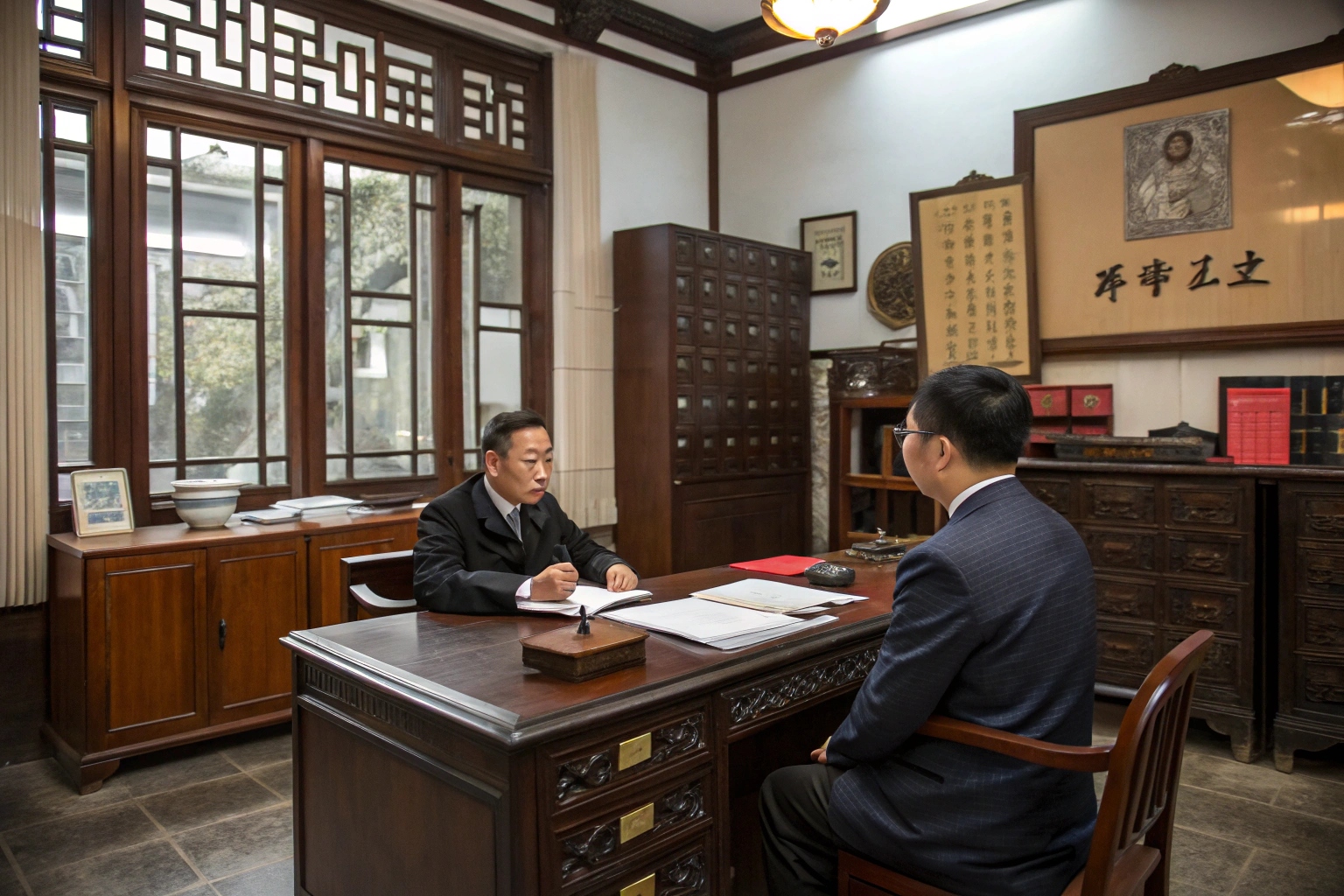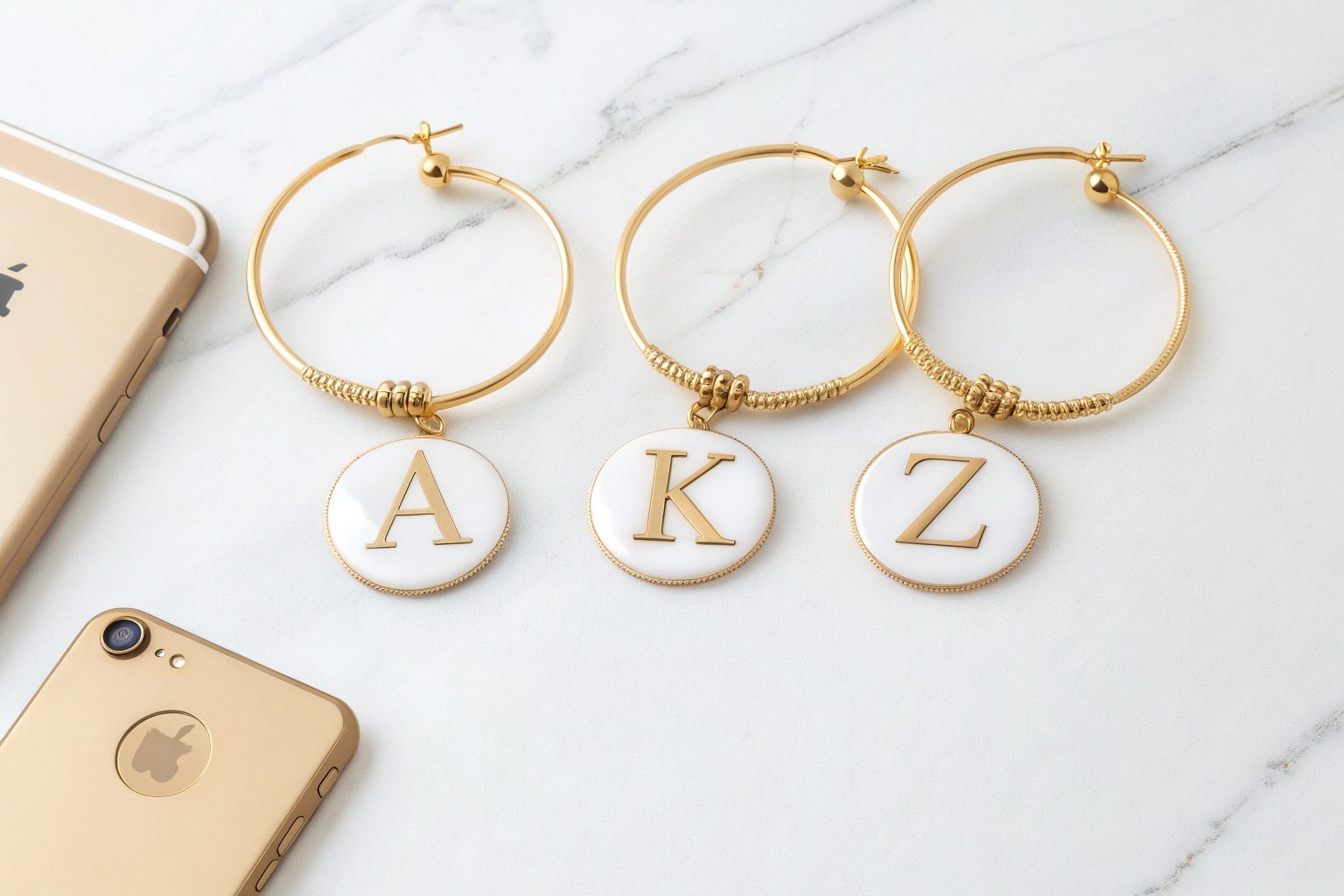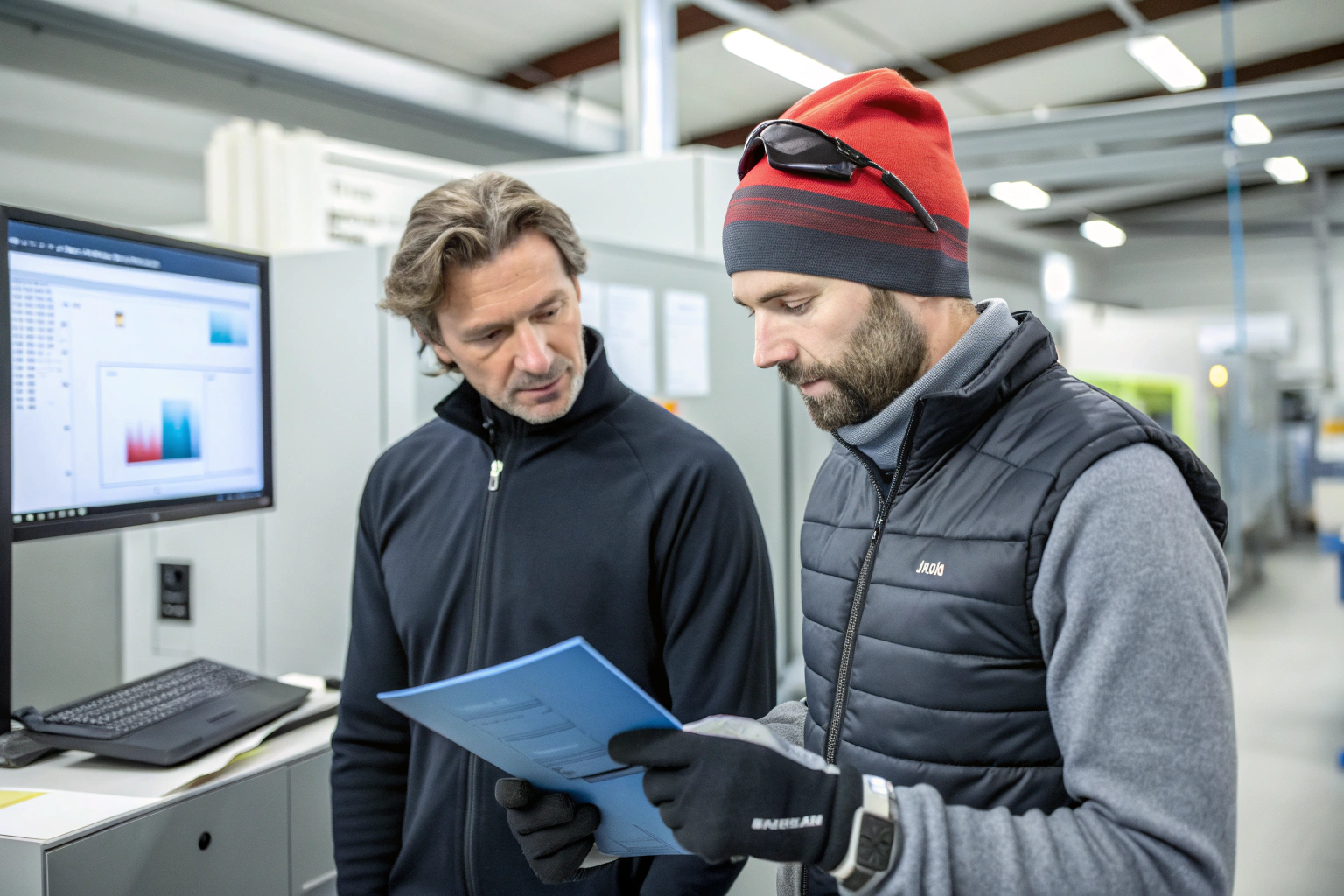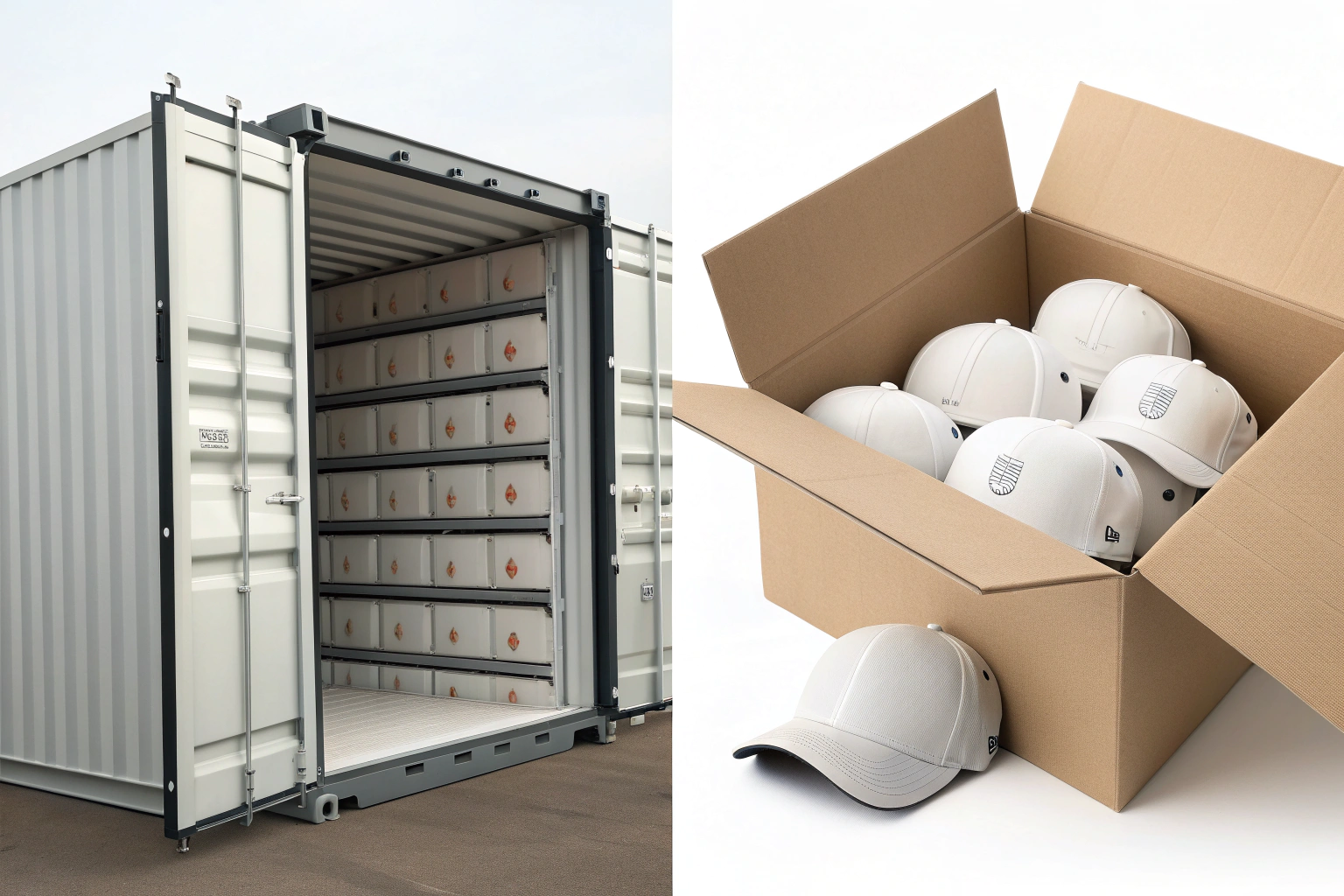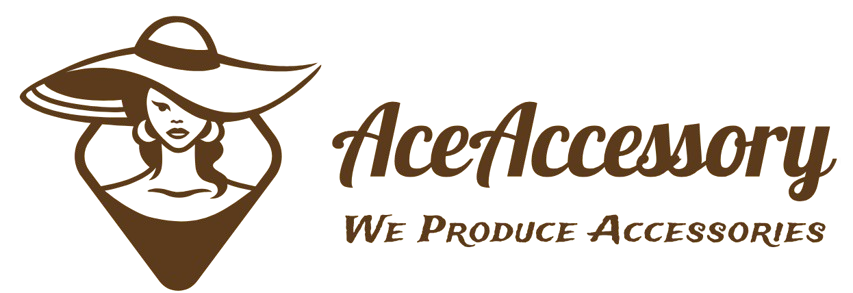As global sourcing becomes more digital, many buyers face the question: should I use a sourcing platform like Alibaba or go direct to a factory? For fashion accessory brands that prioritize speed, quality, and cost, the choice impacts production timelines, pricing transparency, and even long-term trust.
Using a sourcing platform offers convenience, scalability, and built-in safeguards, while direct factory contact allows greater customization, relationship-building, and potentially lower costs—each path comes with trade-offs.
In this article, I’ll break down both sides based on over a decade of real-world experience running AceAccessory—a Chinese fashion accessory manufacturer working with clients across the U.S., Europe, and the Middle East.
Which Offers Better Pricing Transparency?
Pricing is often the most sensitive factor for global buyers. Platforms promise instant price visibility, but there’s more under the surface.
Sourcing platforms typically show benchmark prices and MOQ quickly, but these may lack depth or be inflated. Direct factory contact allows custom quoting based on exact specs, leading to potentially better cost control.

Are Platform Prices Really Accurate?
Most sourcing platforms like Alibaba or Global Sources provide wide price ranges. These are meant for reference, but:
- They often exclude packaging, testing, or shipping costs
- Many suppliers underquote to attract attention, only to revise prices later
- Platforms may charge supplier commissions, reflected in higher base prices
Can Direct Factory Quotes Be Trusted?
Going factory direct allows buyers to receive full quotes based on:
- Specific designs or reference samples
- Packaging and shipping requirements
- Material choice and print/embroidery customization
However, without due diligence, factories may omit hidden costs. That’s why experienced partners like us provide all-in quotes including delivery terms, sampling fees, and third-party testing. Check TradeWheel or Made-in-China.com for comparisons.
Which Is Faster for Product Sampling and Development?
Time-to-market is crucial in fashion and promotions. The sampling process can make or break a campaign’s launch timeline.
Platforms offer streamlined communication tools and digital quote requests. But factories can move faster once trust is established and internal prototyping teams are ready.
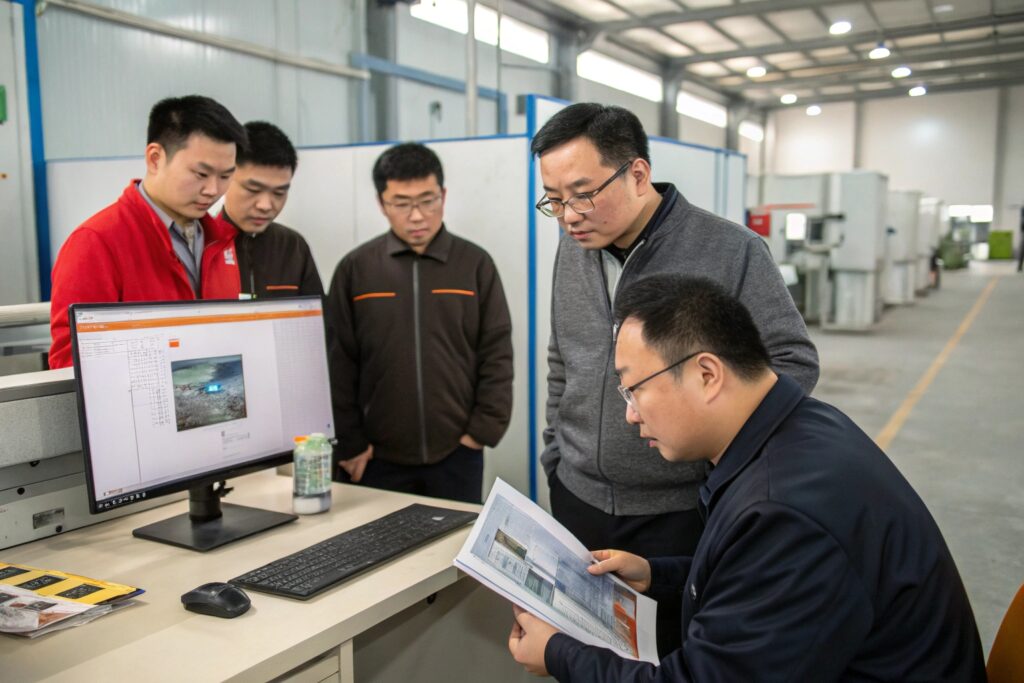
Are Platforms Faster for First-Time Buyers?
Yes, sourcing platforms reduce the time needed to reach dozens of suppliers. Features like:
- Instant message translation
- Sample requests through standard forms
- Auto-notifications and dashboard status
help buyers manage multiple quotes efficiently. Platforms like DHgate excel at quick connections.
When Is Direct Contact Faster?
Once you’ve worked with a reliable factory like ours, future samples are quicker due to:
- Archived patterns and past orders
- Familiarity with client preferences
- Shorter internal approvals
At AceAccessory, we handle rush sample development in under 5 working days for regular clients, a speed difficult to match on platforms.
Which Provides Better Quality Assurance and Certifications?
Product quality and factory audits are non-negotiable for buyers who need regulatory or brand compliance. Here’s how platforms compare.
Sourcing platforms typically offer pre-screened suppliers with certifications, but these need verification. Direct contact allows buyers to request updated documents and even arrange live audits.
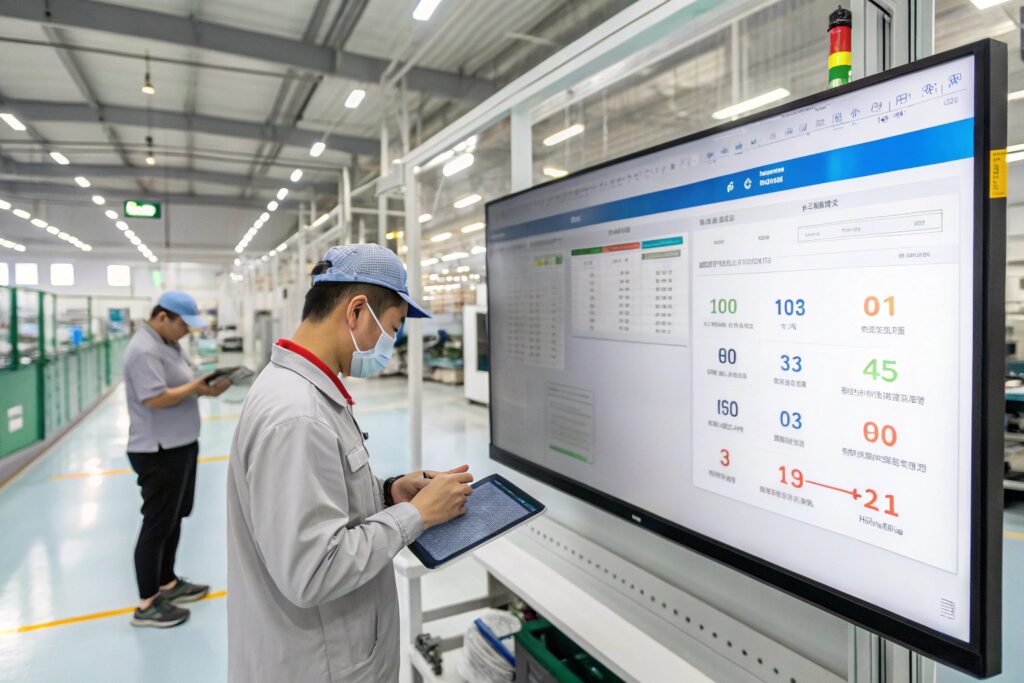
What Does the Platform Offer?
Most reputable platforms feature:
- Verified supplier badges (e.g., “Gold Supplier”)
- Uploaded certificates (e.g., ISO, Sedex, REACH)
- Buyer reviews and third-party audits
These are helpful but can be outdated or forged. See guidance from SGS Verification Services for audit validation.
What Can Direct Factories Provide?
Factories like AceAccessory offer:
- Real-time production photos and videos
- On-demand factory audit reports (BSCI, WRAP, GRS)
- Dedicated QC staff for pre-shipment inspections
We also support clients with lab-tested samples through Intertek or TÜV Rheinland depending on destination market requirements.
Which Builds Stronger Long-Term Business Relationships?
Beyond pricing and lead times, real business value lies in trust and partnership. Over time, deeper relationships yield better flexibility, loyalty, and innovation.
While platforms are great for transactions, direct factory contact fosters long-term loyalty, faster issue resolution, and co-development of new products.
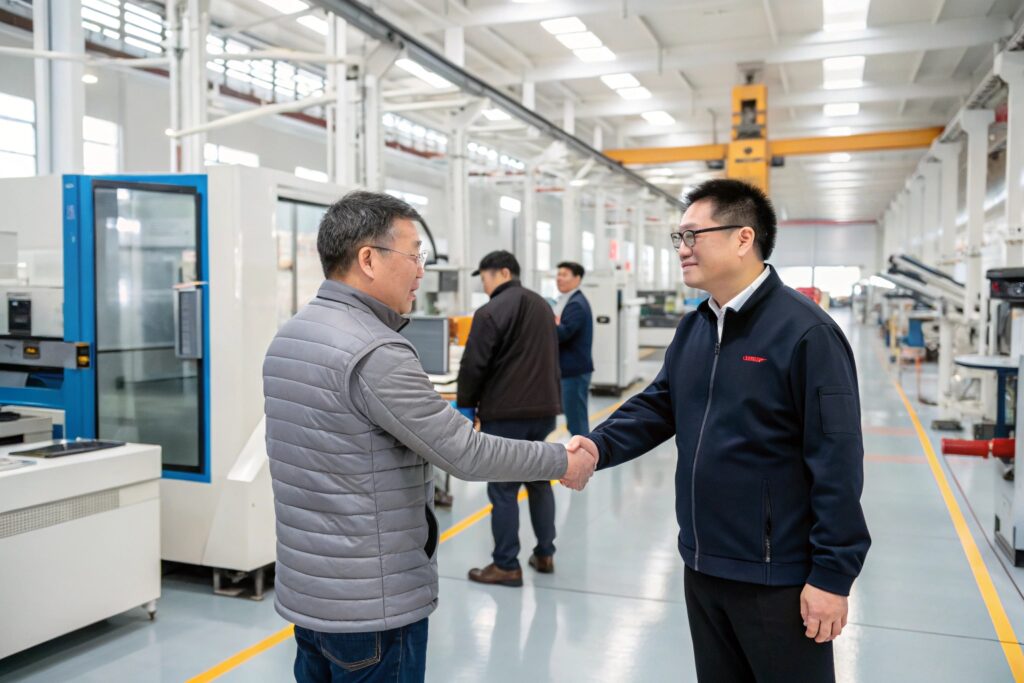
What Are the Limits of Platforms?
- Communication gaps due to platform mediators
- Reduced leverage when facing quality or delivery issues
- Harder to get after-sales support post-shipment
Platforms are ideal for testing vendors or small repeat orders, but they aren’t designed for deep collaboration.
Why Do Direct Partnerships Win Over Time?
We’ve seen clients scale from 2,000-piece orders to over 200,000 units annually thanks to long-term trust. Benefits include:
- Reserved production slots during peak seasons
- Faster redesigns during campaigns
- Direct contact with project managers and design leads
This is especially useful for companies running seasonal promos or influencer collaborations. Read more via Sourcing Journal and Just-Style.
Conclusion
Choosing between a sourcing platform and direct factory contact depends on your business stage, risk tolerance, and need for speed or control. Platforms offer easy entry and supplier comparisons, but lack customization and deep relationships. Direct factory partnerships demand more effort upfront, yet yield better results over time.
At AceAccessory, we’ve helped clients transition from platform browsing to solid supplier partnerships with us—offering full transparency, documentation, and personal service. If you’re looking to go beyond platform limits, we’re ready to help.

